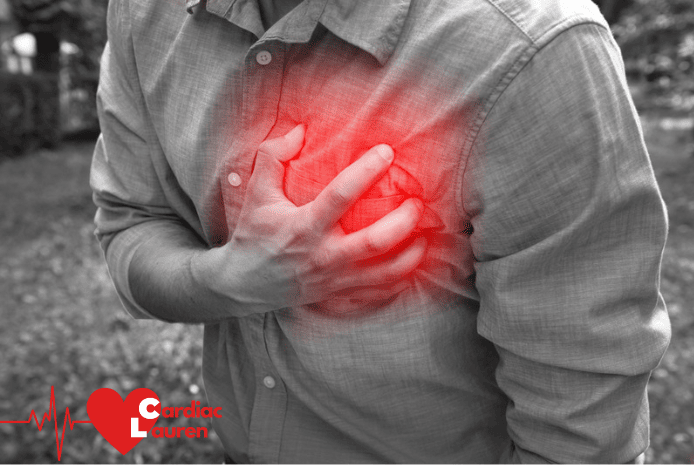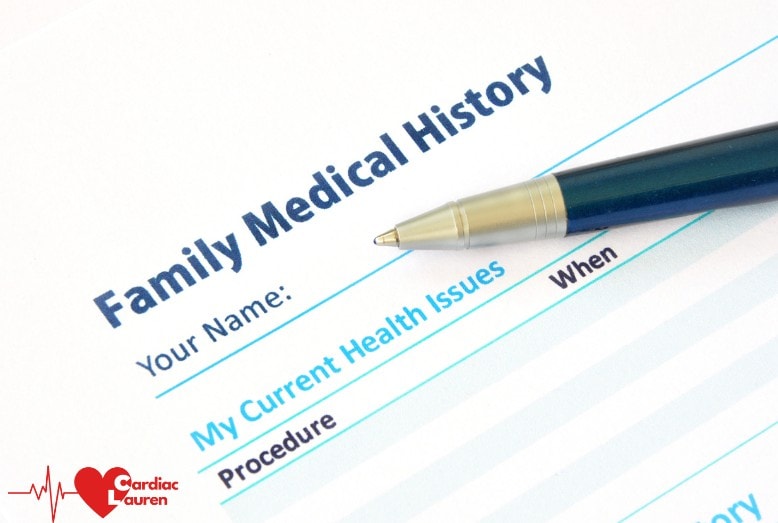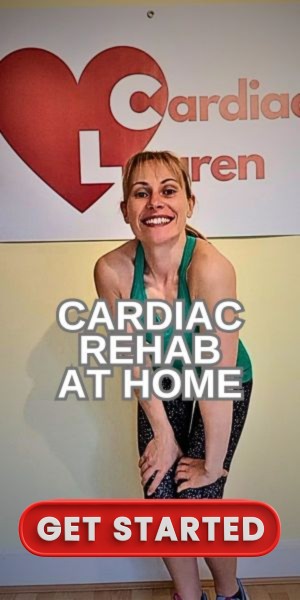When it comes to taking care of our heart health, it can be easy to dismiss medical advice if we are younger in age; consider ourselves fit; or have no family history of heart disease. Indeed, it is often accepted that those at risk of heart issues are older or overweight individuals. But to what extent is this true?

Cardiovascular disease is one of the leading causes of death, taking an estimated 17.9 million lives each year (World Health Organization). Heart and circulatory diseases also cause a quarter of all deaths in the UK. These statistics – and indeed a person’s heart health – are affected by a huge range of factors in which awareness is crucial. Although a person may not show any symptoms of poor heart health, the decisions they make now, combined with an awareness of heart-related risks, can reduce the likelihood of developing a future heart issue.
This article will outline why being knowledgeable and taking care of your heart health is important for everyone – regardless of age, weight and genes.
Table of Contents
Prevent not treat
Many people learn how to properly take care of their heart health after a heart event – an experience which has already caused a large amount of physical and emotional stress and upheaval.
Everyone should know how to reduce their chances of developing a heart issue throughout their lifetime and doing this starts with education on how to lead a healthy lifestyle. Generally speaking, this may look like a diet low in saturated and trans fat, as well as sugar, alcohol and other ‘junk food’. We should eat plenty of fruit and vegetables; engage in regular physical activity; and find ways to alleviate stress in our lives.

Stay healthy long-term
In a similar vein, if we form healthy habits when we are young, they are more likely to stick in the future (when we are more at risk of heart issues). For example, recent research suggests that post-menopausal women have a higher risk of heart disease. Find out more here.

Although healthy habits look different to everyone, they could be as simple as taking the stairs over the lift; drinking 8 glasses of water a day; starting each meal with a vegetable starter; or prioritising adequate sleep. Not only will this have a positive impact on your future health, but you’ll also feel healthier and more energised in the present.
Be able to identify warning signs – in yourself or someone else
Being knowledgeable about heart health also means that you are able to spot warning signs in yourself or others.
A tight or uncomfortable chest, as well as pain in the arms, jaw and back; or feeling sick, sweaty and light-headed can all be signs of poor heart health or a heart attack. Even if we ourselves are not at risk, passing on information or informed advice to someone who is can save a life.

Know your own risk
Being curious about your own risk of cardiovascular disease can make you analyse your own lifestyle and in particular, your genetic disposition to developing a heart issue.

Your doctor may occasionally ask you if anyone in your family has a history of heart disease, and it is important to make your doctor aware if anyone has. Different inherited heart conditions require different treatments which may involve medication, implantable cardioverter defibrillators (ICDs) and lifestyle changes.
Where do I start?
The best place to start becoming aware of heart health is to check your family history and ask your doctor to analyse your risk at your next appointment.

We then recommend looking at the British Heart Foundation Heart Matters magazine here which is an expertly informed hub of information, research and advice.
Overall, when it comes to protecting our heart health, knowledge is power and being aware of the risks can save lives and upheaval in the future. Cardiac rehabilitation is all about prevention as well as rehabilitation so the Cardiac Lauren programme is perfect for everyone. We hope that this article has been beneficial and will enable you to take care of your heart health today and in future years to come.






